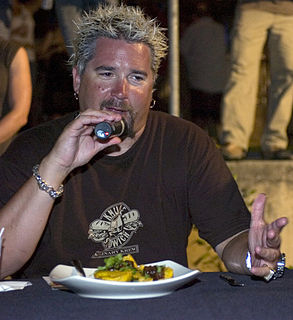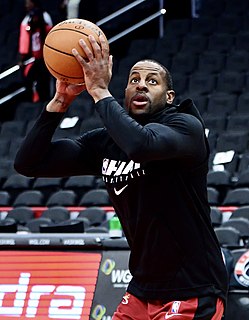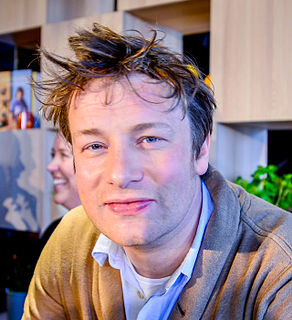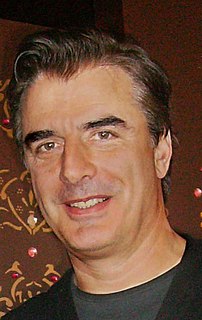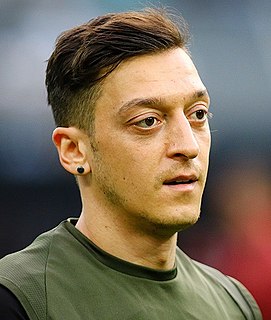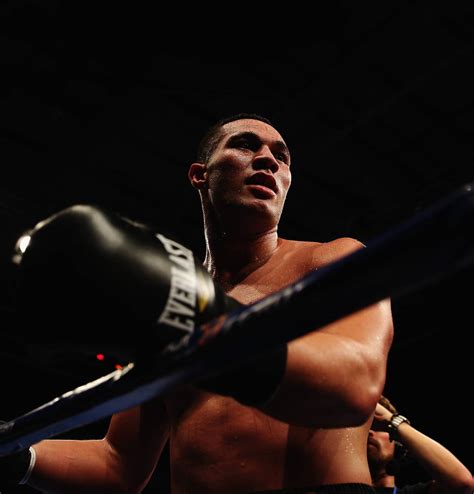A Quote by Guy Fieri
Kids love food. It's about putting materials out there that get kids thinking about food - to get kids interacting about food. It's about simple things, like kids thinking about pasta - getting kids to work with food.
Related Quotes
Now, everyone is excited about food - cooking, growing, learning - watching it on TV, buying books, trying things at home. It's the greatest time ever to be in food - which is why it's so hard to see so many people still relying on processed food. I am hoping that we had a generational blip - and that these young people will continue on and pass on their love of food and creativity to the next generation of kids.
The one thing about kids is that you never really know exactly what they're thinking or how they're seeing. After writing about kids, which is a little bit like putting the experience under a magnifying glass, you realize you have no idea how you thought as a kid. I've come to the conclusion that most of the things that we remember about our childhood are lies. We all have memories that stand out from when we were kids, but they're really just snapshots. You can't remember how you reacted because your whole head is different when you stand aside.
I talk about the food issue, I'm really coming at it from pre-White House times, when I was a working mother with a busy husband, a very demanding job and two little kids to feed.... I had to learn what it means to feed and care for your kids in a country where fast food is abundant, where time is a rarity, where eating out is a trend, because families are so busy.... Yes, I'm First Lady, but I know the struggles.
We get to go out into the schools and work with the kids on connecting them to their food at a young age, to actually see where their food is coming from, to see that their food is coming from the earth and not just from a supermarket. Once they make that connection, they can start to build upon that.
I was one of the first six black kids to integrate a formerly all-white school. I remember being looked at all the time and people laughing at my hair. I was also very self-conscious about the food I had for lunch. I had egg sandwiches, and the other mothers gave kids fancy stuff like bologna and Marmite. It took about a year to settle in.
We kind of know that food is necessary to survive. But our ways of connecting with food have been, in many ways, taken over by capitalism - certainly taken over by the influence large corporations have on the way that we eat and the way that we think about food. That's why kids these days are more prepared to take nutritional advice from Ronald McDonald than they are from their parents or their teachers or from scientists. And particularly in urban areas, you'll see kids who honestly believe tomatoes come from the supermarket rather than from a plant.
